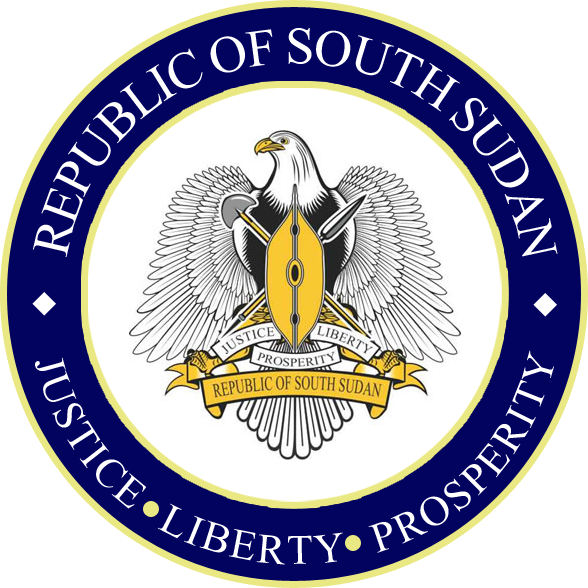SOUTH SUDAN PASSES ANNUAL BUDGET.
South Sudan is raising its spending plan for the monetary year by a third, even as Juba’s financial changes got a somber evaluation from Washington on Monday.
President Salva Kiir on Monday endorsed into regulation the current year’s public spending plan worth SSP2.1 trillion ($16.2 billion), which is 33% higher than the year before.

Furthermore, Juba needs to raise compensations of government workers by as much as 400%, however multiple thirds of the portions will go to spending on security, a sign of the country’s nonstop test since it became free in 2011.
South Sudan’s yearly spending plans should be passed before end of May consistently, yet the nation has frequently made them with late supports. At first, the nation deferred as it wrangled over the development of the temporary get together, a regulative body shaped after the rejuvenated nonaggression treaty endorsed in 2018 and which made an alliance government.
Back in June this year, then Money Pastor Dier Tong Ngor had told MPs the 2023/24 financial plan was focusing to animate financial “recuperation through feasible monetary, financial and primary change measures”. Our economy keeps on experiencing various outer shocks and inside underlying shortcomings, which have made intense macroeconomic unsteadiness and enduring to our kin,” he said then. Ngor was terminated soon after MPs passed the financial plan early this month in an official pronouncement that didn’t intricate explanation. Ngor was supplanted by Baak Barnaba Chol Baak on August 3.
South Sudan desires to back the financial plan from oil deals. Also, as indicated by the recommendations, the rising worldwide oil costs are probably going to push up its income. However the conflict in adjoining Sudan through which Juba sends out its oil might hurt possibilities. In excess of 90% of the country’s incomes are from oil, however past Money Priests and National Bank Lead representatives have been terminated in the midst of inquiries on oil incomes. A portion of the oil, as a matter of fact, had proactively been traded out up to 2027, preceding it is extricated starting from the earliest stage.
Allotments to and profit from the public oil organization, data on obligation commitments, including significant state-claimed venture obligation, isn’t many times unveiled, and genuine incomes and consumptions “didn’t sensibly compare to the financial plan” in any event, when there was no updated spending plan to oblige new requests.







